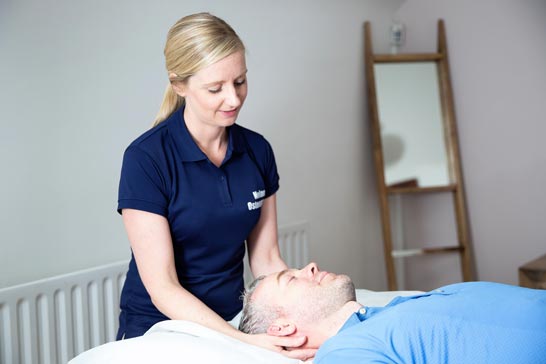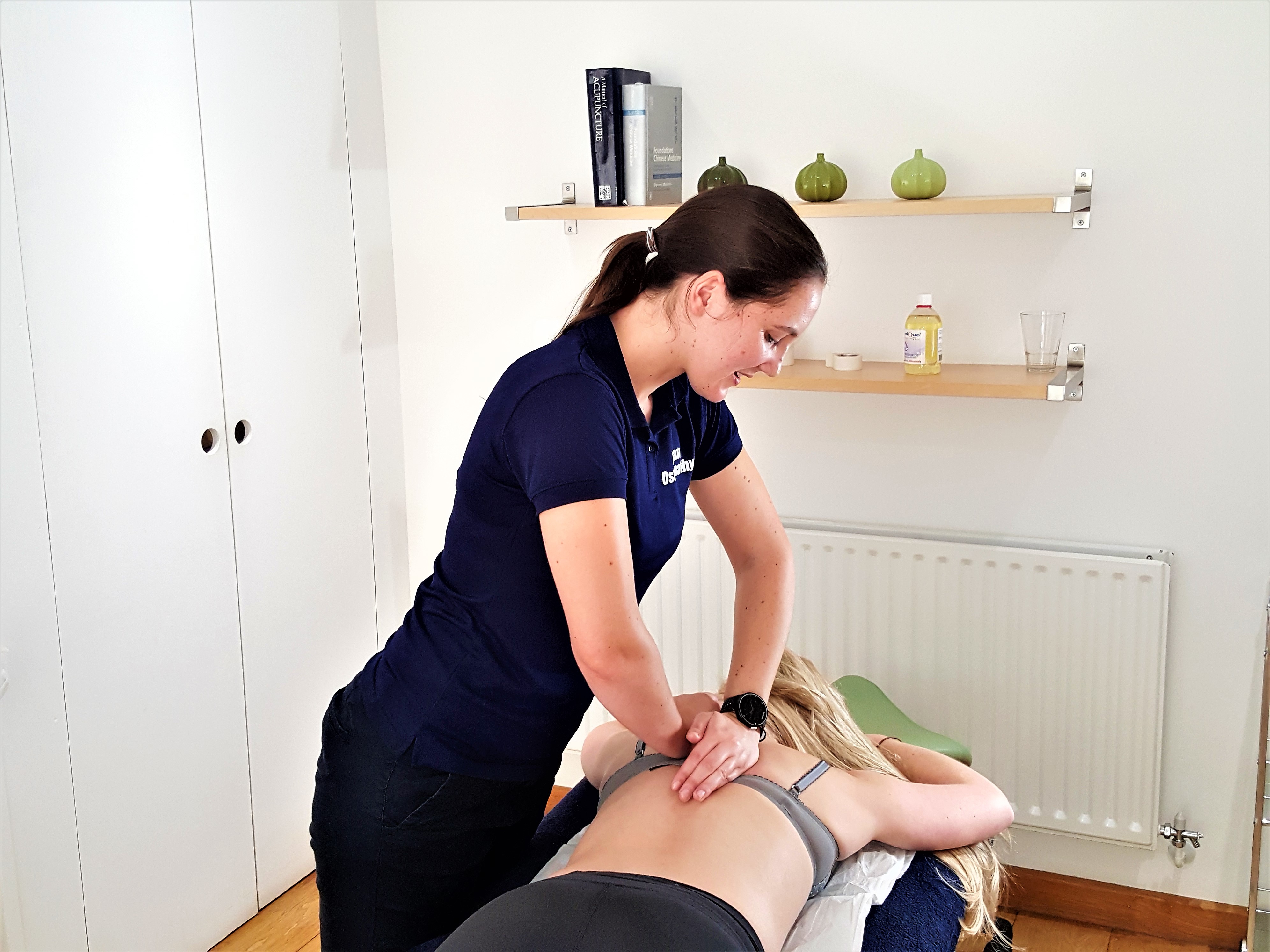8 Steps To A Better Night’s Sleep
June 1, 2017
Maria Nolan

Ever had that situation where you’re tired but just can’t seem to fall asleep? It used to happen to me quite a lot and it seems I’m not alone. According to a study by the UK Sleep Council, the average person gets only six and a half hours’ sleep each night, which most of us will agree is not really enough. Most healthy adults need somewhere between 7 and 9 hours sleep at night to function at their best, while children and teenagers will need even more.
Fortunately, I have found that by following these 8 simple lifestyle changes, the duration and quality of my sleep has markedly improved.
- Maintain a regular sleep pattern
You need to programme your body clock to sleep better. The simplest way to do this is try to go to bed and get up at around the same time every day. This will differ for each person but it’s best to choose a time when you normally start to feel tired and then go to bed. Be consistent and after a few days you should start having a better sleep.
- Create a relaxing sleeping environment
This is such a simple thing but is often overlooked by many people and can be the main cause of a restless night.
You need to ensure you have the right mattress. If your mattress doesn’t support your body weight well, this will encourage a poor sleeping posture, which will impact your sleep. If you find that you regularly wake up with aches and pains, there is a good chance you need to change your mattress.
Your bedroom needs to be clean, peaceful and clutter free. Lighting, temperature and noise need to be managed to create an environment that helps you to fall and stay asleep. Consider adding some family photographs, plants and ornaments that will help to create a pleasant and relaxing room. Also certain smells such as lavender and germanium can help you to feel more relaxed and calm.
Note: Lavender and germanium should not be used in pregnancy or children’s rooms.
- Avoid all technology in the bedroom
This is a major contributor to poor sleeping patterns, with LED displays particularly bad when trying to get a good night’s sleep. This means avoiding televisions, computers, tablets and mobile phones in the bedroom. Having access to these will urge you to switch them on when you can’t drift off, which in turn can lead to even more disturbed sleep.
- Stretch and exercise regularly
We always advise our patients to stretch and exercise on a regular basis. This can be as simple as taking a short walk after you get home from work as this is a great way to relieve some of the tension and stresses from your day. Avoid running or the gym too close to bedtime, though, as this may keep you awake.
- Reduce food and caffeine intake
Having too much food just before bedtime can really interrupt your sleep patterns and prevent a deep sleep. Also watch your caffeine intake later in the evening as this can make it much harder to fall asleep. Try a warm, milky drink or a herbal tea instead.
- Find a way to relax before going to bed
Have a warm bath/shower or listen to some relaxing music instead of watching the TV. Some people find gentle yoga is great for relaxing the mind and body before bed.
- Plan for the next day before bedtime
Many of us will lie in bed thinking about all the things we have to do tomorrow. This is a sure fire way to a restless sleep. Instead, get into the habit of setting aside 10-15 minutes before you go to bed to make plans for the next day and then try and switch off. This step has worked wonders for me.
- Get up if you can’t sleep
Again, most of us who are struggling to drift off will just lie there frustrated before eventually reaching for our mobile phone or tablet, which will only compound the problem. The best thing to do is to get up, do something you find relaxing until you feel sleepy again and then go back to bed.
I hope you found this information helpful and interesting but if you have any questions, please don’t hesitate to give me a call and I’ll be happy to help.
Until next time, here’s to deep and restful sleeps.
Maria





